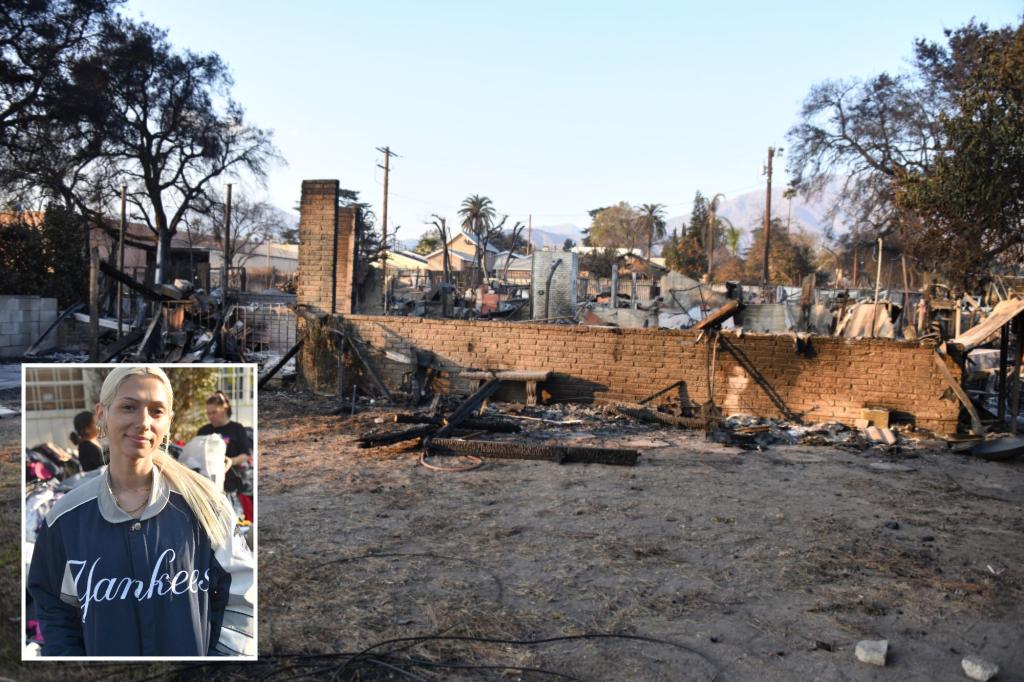The devastating wildfires that ravaged Los Angeles County in early January 2024, including the Palisades and Eaton fires, left a trail of destruction and displacement in their wake. Beyond the immediate loss of life and property, thousands of Californians face the daunting prospect of navigating a volatile housing market, exacerbated by the opportunistic behavior of some landlords and hotel owners. Despite warnings from state officials about price gouging, many fire victims fear being forced to pay exorbitant rental prices – up to 50% more – for comparable housing in the aftermath of the disaster. This exploitation compounds the already significant trauma and financial strain faced by those who have lost their homes and belongings.
California Attorney General Rob Bonta, responding to the surge in price gouging allegations, has taken a firm stance against this predatory practice. His office has issued warning letters to over 200 landlords and hoteliers accused of exploiting the crisis by inflating rental prices, some by as much as 124%. This action represents a clear violation of California’s price gouging statutes, designed to protect consumers during states of emergency. Bonta has emphasized the urgency of the situation and pledged to continue pursuing investigations and taking action against those found to be engaged in price gouging. The Attorney General’s office has initiated criminal investigations into some of the most egregious cases, underscoring the seriousness with which the state is treating these allegations. This effort seeks to ensure that Californians displaced by the fires are not further victimized by opportunistic individuals seeking to profit from their misfortune.
The personal stories of fire victims highlight the real-world impact of this crisis. Marcela Banuelos, a 24-year-old hospital courier, lost her Altadena studio apartment, which she rented for $1,200 a month. She now faces the prospect of paying significantly more – potentially a 33% increase – for a comparable unit in nearby Pasadena, a more expensive area. Banuelos’ predicament underscores the limited housing options available to displaced residents and the pressure to accept higher rents to remain in familiar surroundings. The fear of being forced into unfamiliar and potentially less safe neighborhoods adds another layer of anxiety to an already stressful situation. The financial strain of significantly increased housing costs could force individuals like Banuelos to work longer hours, sacrificing personal well-being to maintain a roof over their heads.
Jacinto De La Torre, a 64-year-old sprocket machinist, shares a similar plight. His family’s two-bedroom rental home in Altadena was also destroyed in the fires. De La Torre estimates that finding a comparable rental in the area could cost him over 50% more than his previous rent of $1,600 a month. This increase represents a substantial financial burden for De La Torre and his family, who are currently living in a motel with their pet. The prospect of finding affordable housing within his budget is a serious concern, and the potential of being priced out of his community adds to his distress. The loss of their home, coupled with the financial uncertainty, creates a heavy emotional toll, as evident in De La Torre’s tearful recounting of his experience.
Epi Cruz, another fire victim, faces the challenge of finding temporary housing while his destroyed Altadena apartment is rebuilt. While his insurance policy provides coverage for rental costs, the uncertainty of the rebuilding timeline adds to the pressure of finding suitable accommodation. Cruz’s situation highlights the long-term implications of the fires, extending beyond immediate displacement to the potentially lengthy process of reconstruction and resettlement. The limited housing inventory and inflated prices create a competitive environment for individuals seeking temporary housing, making it difficult to find suitable accommodations within their budget and insurance coverage limits. The search for temporary housing becomes an added stressor, compounding the emotional and logistical challenges faced by fire victims.
The experiences of Banuelos, De La Torre, and Cruz represent a broader pattern of hardship among those displaced by the Los Angeles wildfires. The combination of limited housing availability, opportunistic price gouging, and the financial strain of unexpected relocation creates a significant challenge for individuals and families struggling to rebuild their lives. The efforts of Attorney General Bonta and his office to combat price gouging provide a critical layer of protection for vulnerable residents. However, the underlying housing shortage and affordability crisis in California exacerbate the challenges faced by fire victims and highlight the need for long-term solutions to address these systemic issues. The rebuilding process will require a multifaceted approach that considers not only the immediate needs of displaced residents but also the long-term implications for housing affordability and community resilience in the face of future disasters.










